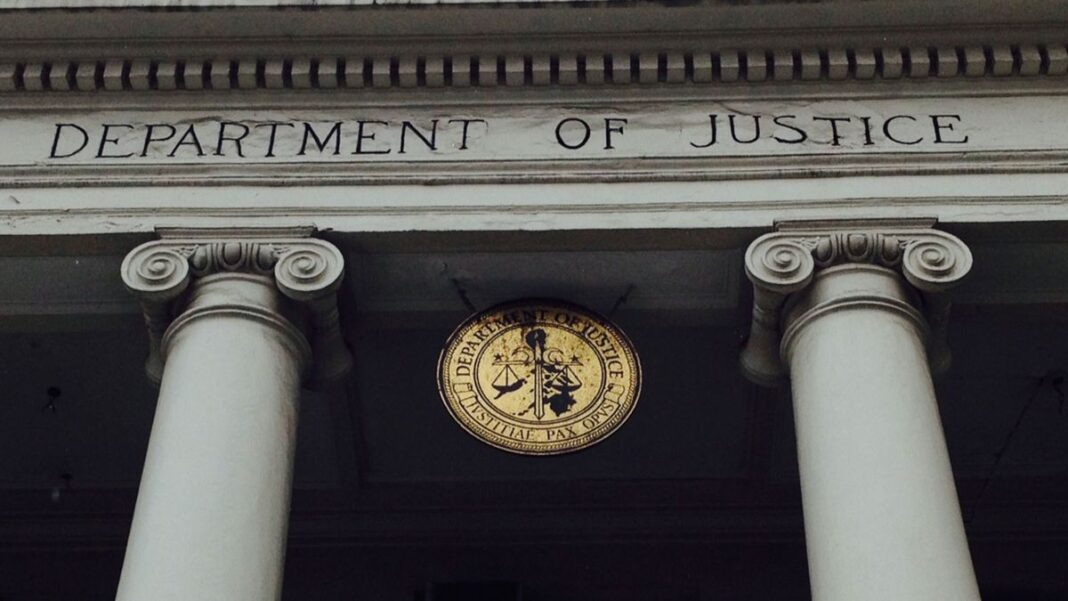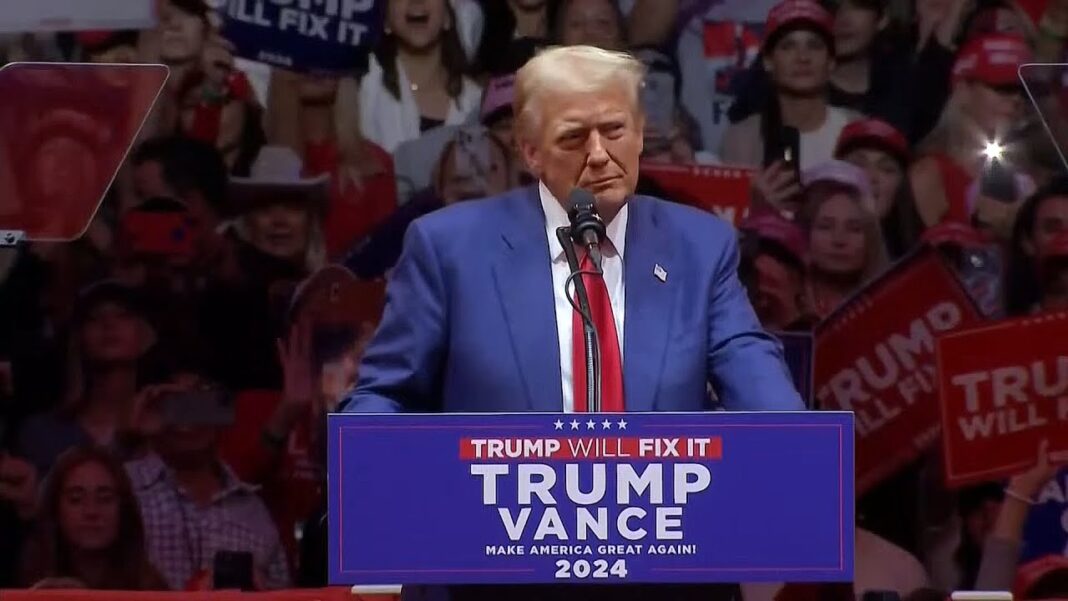Federal officials will oversee voting processes and address complaints from the public regarding potential violations of voting rights laws in 86 jurisdictions.
Federal officials will be on-site at polling stations in 27 states throughout Election Day to monitor compliance with voting rights laws, the Department of Justice (DOJ) announced Friday.
The 86 jurisdictions across 27 states where monitoring will occur include key locations in Alaska, Arizona, Florida, Georgia, Michigan, Pennsylvania, and Texas.
The DOJ said officials will oversee voting processes and address complaints from the public.
This monitoring effort is part of the DOJ’s regular practice of deploying staff during elections to enforce federal protections that uphold the right of eligible U.S. citizens to vote.
In recent years, concerns about election integrity, access to voting, and the safety of election officials have risen on both sides of the political aisle. This year, extra measures will be deployed in some jurisdictions, including installing bulletproof glass and panic buttons, among others.
This election cycle has seen efforts to ensure more oversight during the ballot counting process, and, more recently, the destruction of ballot drop boxes has highlighted issues around voter intimidation and election security.
Among the states listed by the DOJ are those known for their potential to swing toward either major political party, making them pivotal in determining the overall result of the presidential election. These include Arizona, Florida, Georgia, Michigan, North Carolina, Pennsylvania, and Wisconsin.
Federal officials from the Civil Rights Division will coordinate with U.S. attorney’s offices, federal observers from the Office of Personnel Management, and state and local election officials, according to the DOJ.
The department’s civil and criminal decisions enforce laws protecting the right to vote under several federal statutes, including the Voting Rights Act, National Voter Registration Act, Help America Vote Act, Uniformed and Overseas Citizens Absentee Voting Act, Americans with Disabilities Act, and Civil Rights Acts.
Federal statutes also prohibit any efforts to intimidate or suppress voters based on race, color, national origin, or religion.






